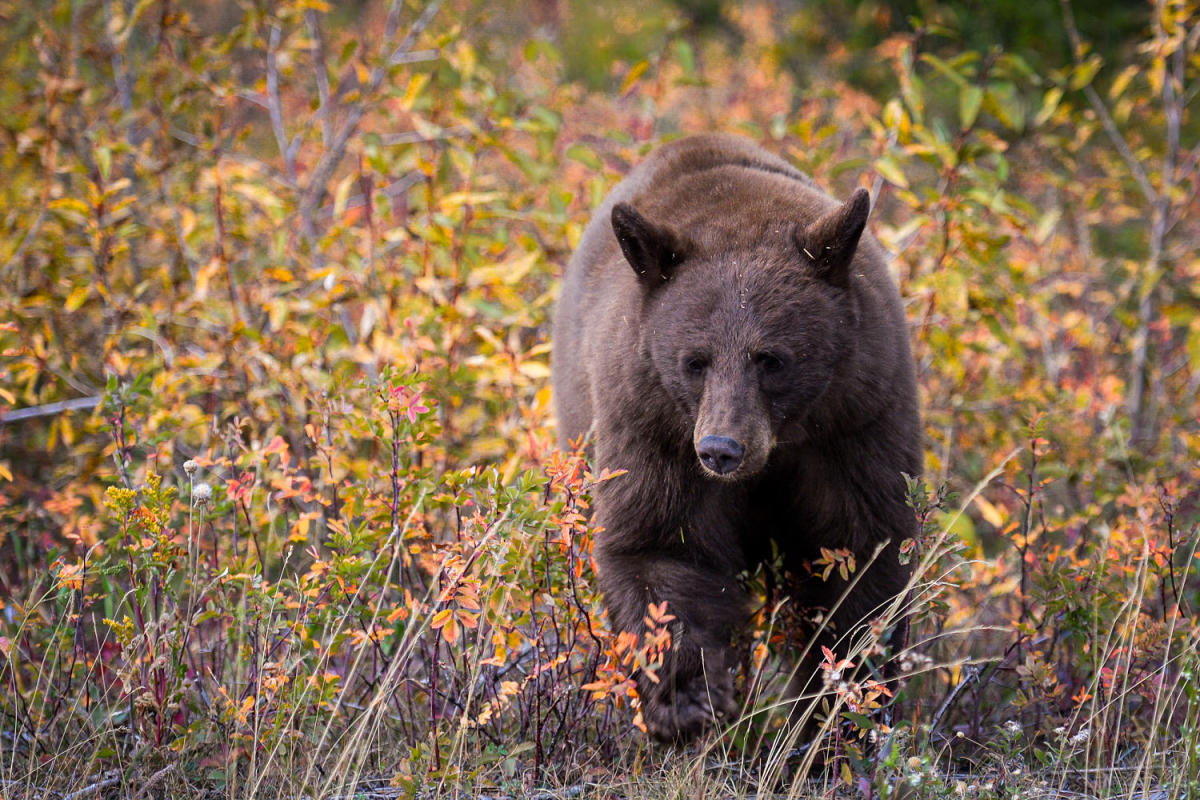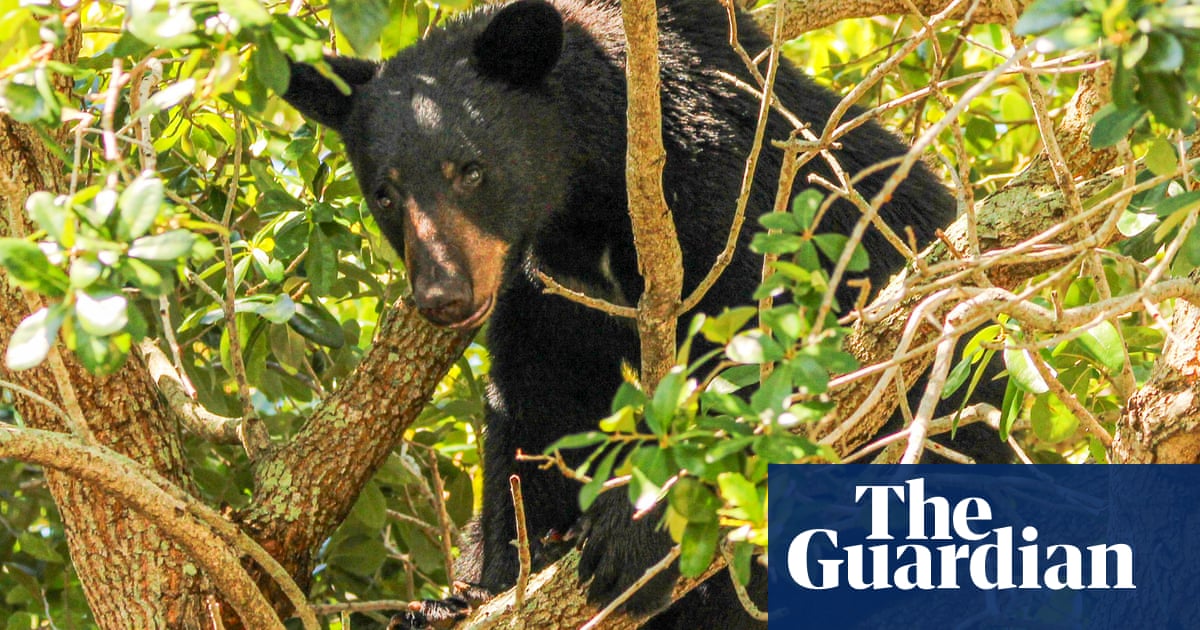:max_bytes(150000):strip_icc():focal(790x461:792x463)/bear-woods-052424-1-b7ba38e06a1c4a9682405dbf75f06e1a.jpg)
A family gathering in South Dakota resulted in nine people from three different states becoming infected with trichinellosis, a parasitic disease caused by consuming undercooked or raw meat contaminated with Trichinella parasites. The source of the infection was bear meat that had been frozen for over a month before being served as kebabs.
According to reports from the Centers for Disease Control and Prevention (CDC), one family member, a 29-year-old man from Minnesota, was hospitalized with symptoms including fever, severe muscle pain, periorbital edema (swelling around the eyes), and other laboratory abnormalities. Five other family members also developed symptoms such as fever, headache, stomach pain, diarrhea, muscle pain and swelling around the eyes.
Two family members who ate only vegetables did not develop symptoms but health officials believe that the meat may have cross-contaminated other food during preparation.
Trichinellosis is a rare disease in the United States and most cases are linked to consumption of wild game, particularly bear meat. From January 2016 to December 2022, there were seven trichinellosis outbreaks in the US involving 35 probable or confirmed cases.
The CDC advises that adequate cooking is the only reliable way to kill Trichinella parasites and infected meat should not be consumed raw or undercooked. The bear meat at the family gathering was initially served rare, reportedly because it was dark in color, making it difficult for family members to visually ascertain the level of doneness.
The CDC also warns that freezing meat won't kill all species of Trichinella and that proper cooking is essential. The bear meat at the family gathering was contaminated with a freeze-resistant species, trichinella nativa.
It is important to note that up to one-quarter of black bears in Canada and Alaska could be infected with Trichinella parasites. Hunters are advised to properly cook wild game meat before consumption.




